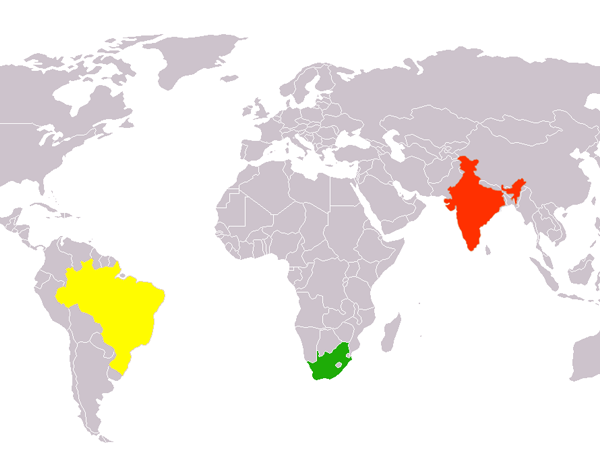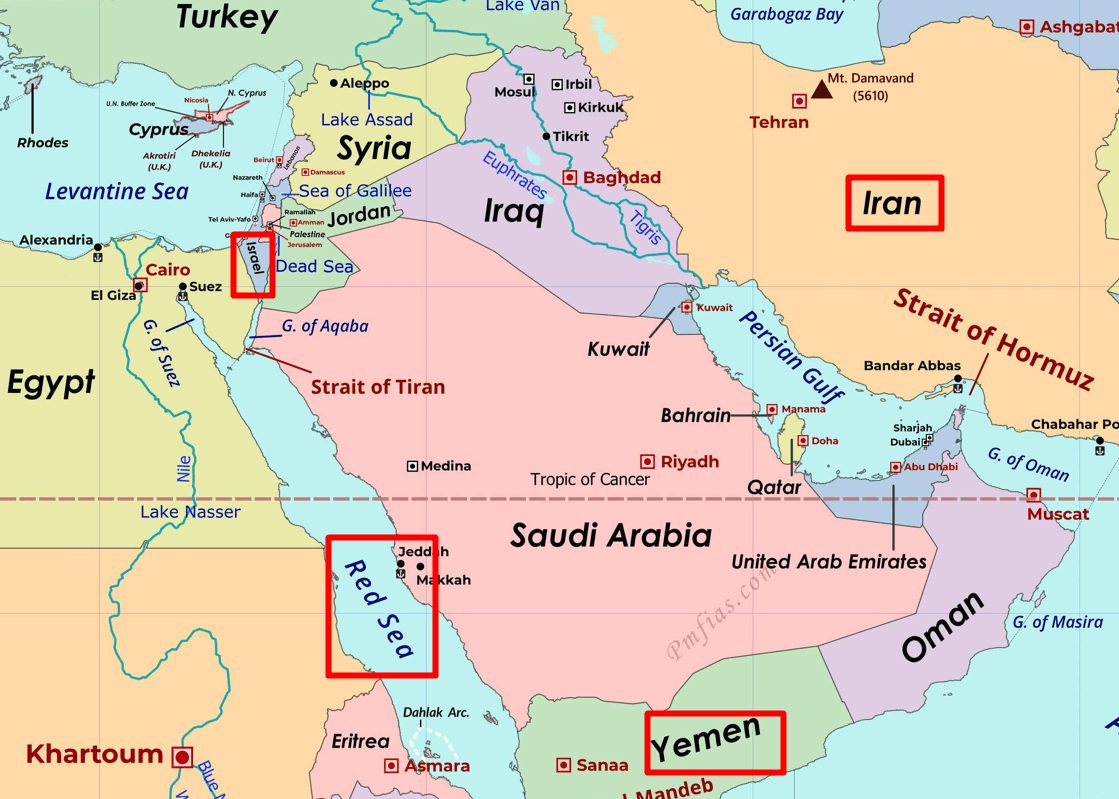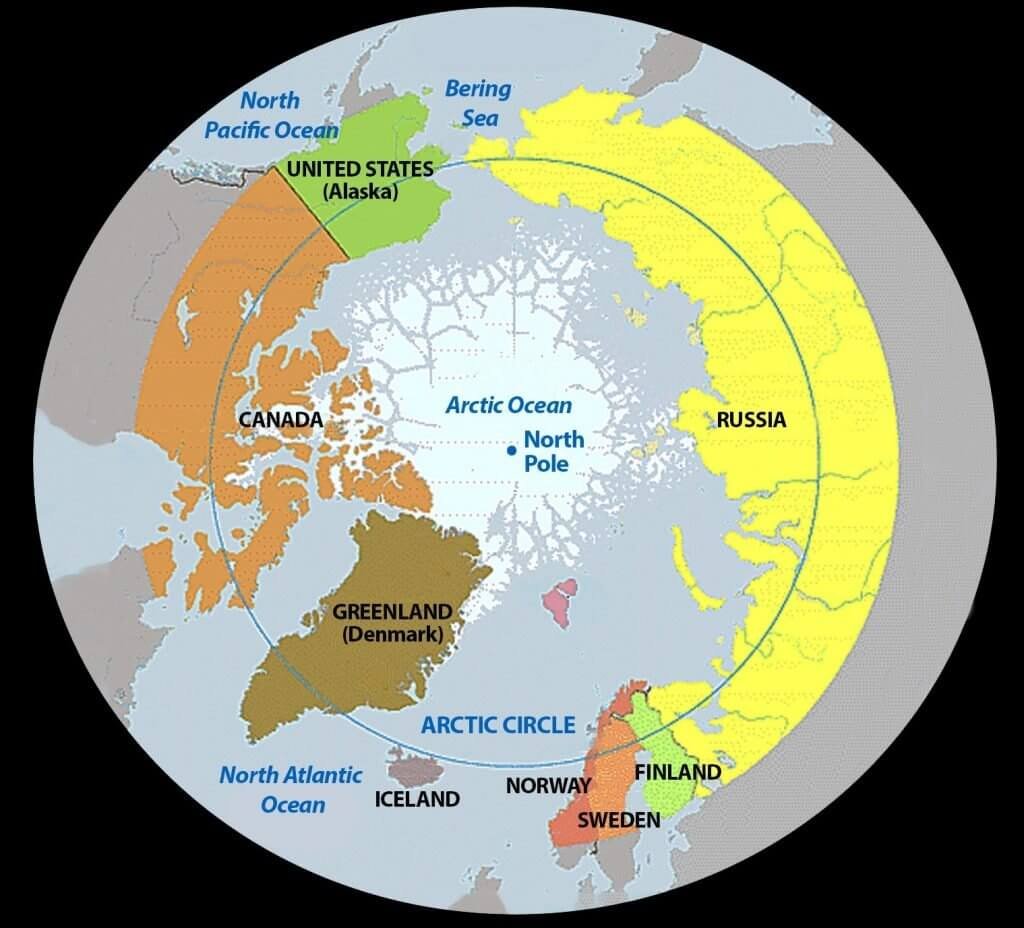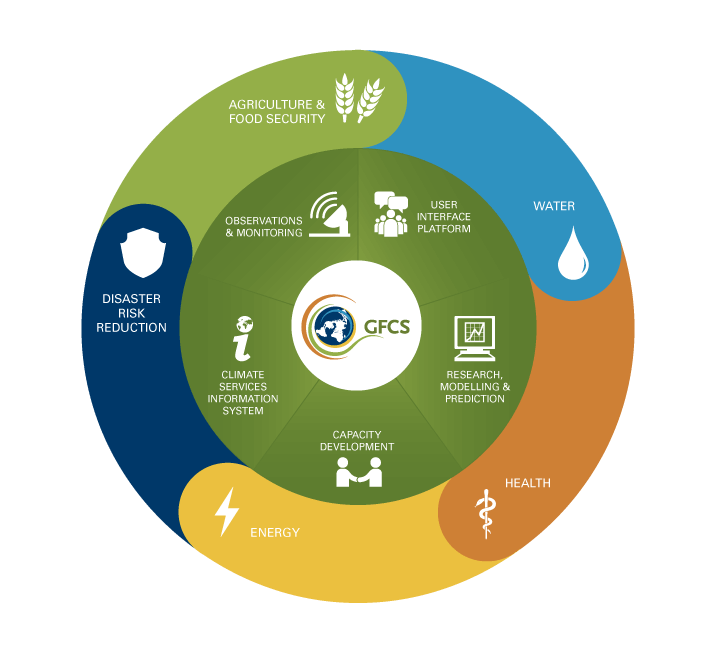
Rare Earth Elements
Subscribers of "Current Affairs" course can Download Daily Current Affairs in PDF/DOC
Subscribe to Never Miss an Important Update! Assured Discounts on New Products!
Must Join PMF IAS Telegram Channel & PMF IAS History Telegram Channel
- Context (TH): China, the world’s top processor of rare earths, banned the export of technology to extract and separate the rare earth metals.
Rare Earth Elements (REEs)
- REE are a group of 17 chemical elements.
- They comprise the 15 lanthanide elements, along with scandium and yttrium.
- They are relatively abundant in Earth’s crust.
- They are rare because they are found in low concentrations and mixed with other minerals, making them difficult and expensive to extract.
- REEs are used to make magnets for electric vehicles (EVs), wind turbines, weapons, etc.
- They are used in electric vehicle (EV) motors, medical devices, weaponry, etc.
- REEs are divided into Heavy (HREEs) and Light (LREEs).
- LREEs are abundant, while HREEs are more critical due to their high demand and low availability.
- Among LREEs, neodymium is the most critical as it is extensively used in all mobile phones, medical equipment and electric vehicles.
- HREEs (like dysprosium, yttrium, and cerium) are critical for clean energy technologies; however, due to their limited supply, they have a small market.

China’s Position in REE Related Markets
- China has a monopoly in the REEs-related market.
- It accounted for more than 2/3rd of mined REEs last year.
- It constitutes nearly 90% of global refined REE output.
- It also dominates the supply of rare-earth magnets.

Reason Behind the China’s Ban
- China has banned the export of rare earth technologies on the grounds of national security.
- But the real motive is to make it harder for the US and its allies to bolster Western supplies of REE.
- The latest move comes as the US and EU become more concerned about China’s growing exports of clean energy products and its dominance of key supply chain portions.
Consequences of China’s Move
- Lower adoption of green energy products: The Conference of Parties 28 to UNFCCC held in UAE has outlined an urgent shift to green energy products due to the growing climate crisis.
- Trade tensions and disputes: In retaliation to China’s ban, the USA and the EU will increase tariffs on EVs from China.
- Increased costs and supply chain disruptions: Western countries and other nations may face higher production costs and delays in manufacturing products using REEs.
- Geopolitical risks and dependencies: China’s monopoly over REE processing technology can create vulnerabilities for other countries in future.
- Shifting power dynamics: China’s dominance in REE processing technology enhances its global trade leverage and potentially amplifies its influence in critical technology sectors.





![PMF IAS Environment for UPSC 2022-23 [paperback] PMF IAS [Nov 30, 2021]…](https://pmfias.b-cdn.net/wp-content/uploads/2024/04/pmfiasenvironmentforupsc2022-23paperbackpmfiasnov302021.jpg)











